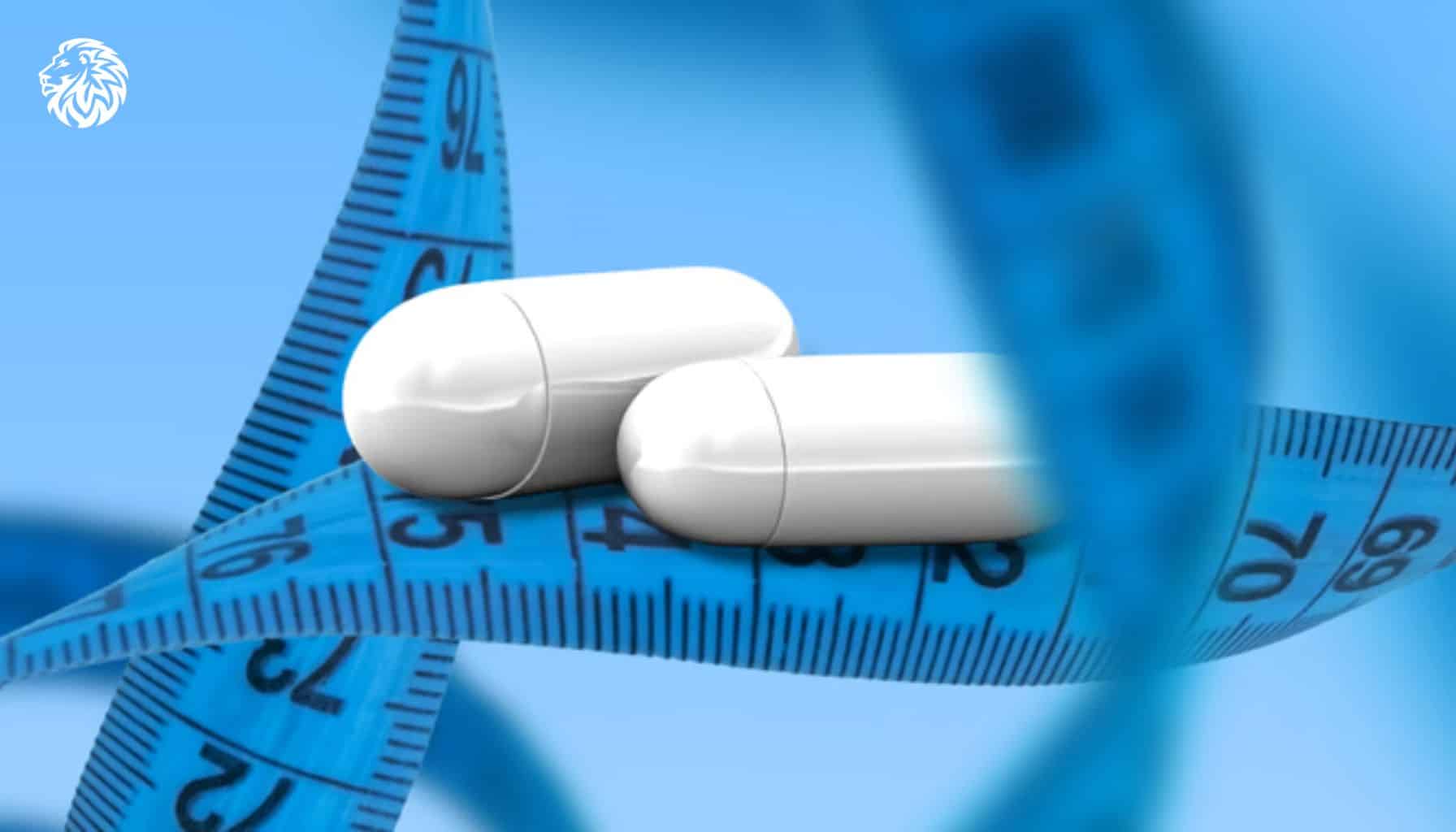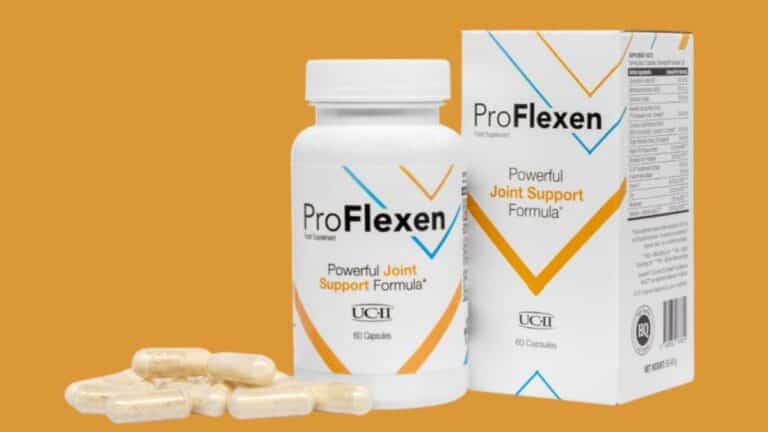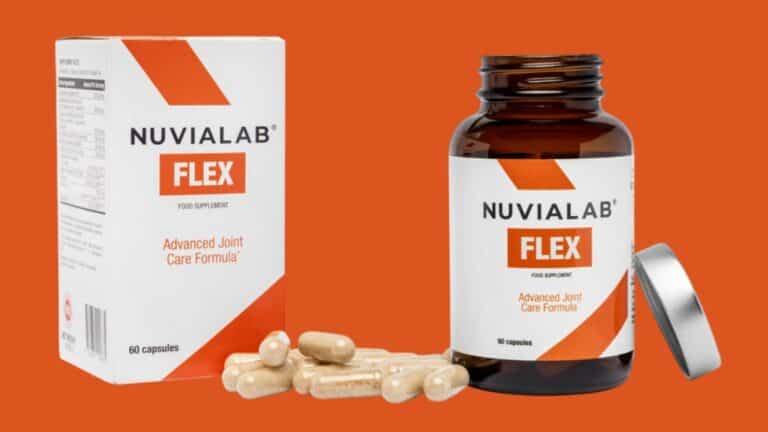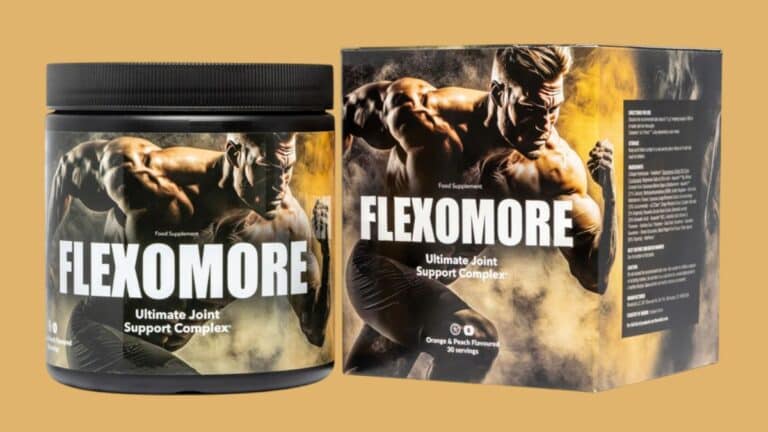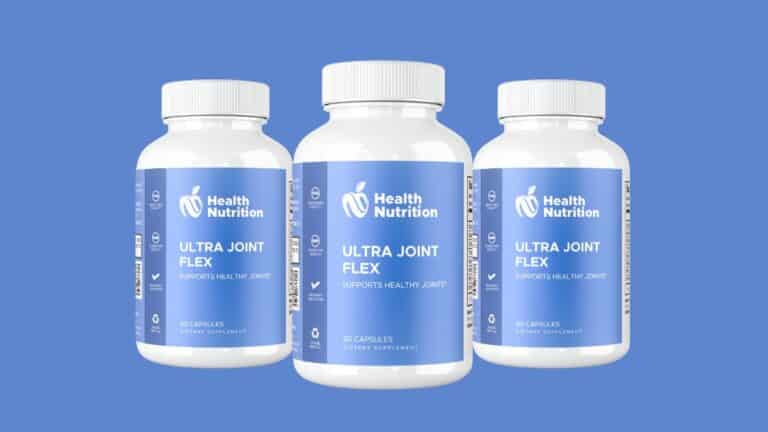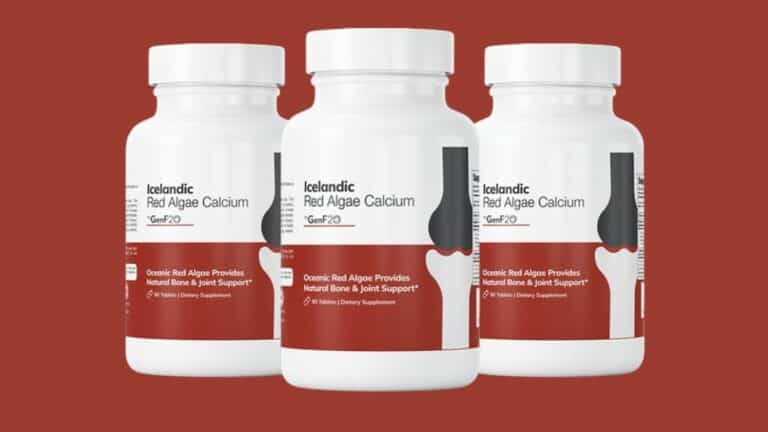Fat burners have long been popular supplements for those looking to lose weight and burn fat. They are marketed as a quick solution for fat loss, but how much of this is fact, and how much is fiction? Let’s break down the science behind fat burners, their ingredients, and how they actually work, so you can make an informed decision about whether they are worth adding to your routine.
What Are Fat Burners?
Fat burners are supplements designed to increase your metabolism, reduce fat absorption, increase fat oxidation during exercise, or create long-term adaptations that promote fat metabolism. Essentially, they aim to accelerate fat loss. Most fat burners contain a combination of ingredients, each with its proposed mechanism of action. Common ingredients in fat burners include caffeine, green tea extract, L-carnitine, conjugated linoleic acid (CLA), and more.
However, fat burners are not a magic pill. They are most effective when used alongside a proper diet and exercise routine. In fact, experts suggest that fat burners should only account for about 10% of your fat loss journey, while diet makes up 70-80%, and exercise about 10-20%.

How Do Fat Burners Work?
Fat burners work in a variety of ways, depending on their ingredients. To break it down, let’s look at the two key processes involved in fat loss: thermogenesis and lipolysis.
1. Thermogenesis
Thermogenesis is the process by which your body generates heat by burning calories. Fat burners that promote thermogenesis aim to increase your metabolic rate, which leads to more calories being burned throughout the day. By creating a calorie deficit, thermogenic fat burners help promote weight loss. However, while thermogenesis can increase calorie expenditure, it is most effective when combined with a healthy, calorie-restricted diet and regular exercise. Relying solely on a fat burner to increase thermogenesis without adjusting your diet will not yield significant results.
2. Lipolysis
Lipolysis is the process of breaking down stored fats in the body into fatty acids and glycerol. These fatty acids are then used as energy by the body, especially during exercise. Fat burners often contain ingredients that stimulate lipolysis, allowing your body to use fat more efficiently as fuel. This process occurs when your body needs extra energy, and fat stores are broken down to meet this demand.
Fat burners can assist in lipolysis by increasing the availability of fat stores to be oxidized for energy. However, like thermogenesis, lipolysis is only a part of the fat loss puzzle. Fat burners can aid the process, but they must be paired with a calorie deficit and exercise to be effective.

Common Ingredients in Fat Burners and Their Functions
Most fat burners contain a mix of ingredients, each with its own mechanism of action. Here’s a breakdown of some of the most common ingredients and how they work to support fat loss:
1. Caffeine
Caffeine is one of the most popular and widely researched ingredients in fat burners. It is a central nervous system stimulant that helps increase alertness, reduce fatigue, and enhance performance during exercise. More importantly, caffeine stimulates thermogenesis and lipolysis by increasing the release of catecholamines, hormones that signal fat cells to release their stored fat for energy.
Studies have shown that caffeine can boost your metabolic rate by 3-11%, leading to increased calorie burning. It also helps improve endurance during aerobic exercise, allowing you to work out longer and burn more calories. However, the effects of caffeine diminish over time as your body builds a tolerance, so it’s important to cycle your intake or combine it with other ingredients for sustained effectiveness.
Potential drawbacks: Too much caffeine can lead to jitteriness, anxiety, and disrupted sleep. It’s important to monitor your overall caffeine intake, especially if you consume coffee or energy drinks alongside your fat burner.
2. Green Tea Extract
Green tea extract is another popular fat-burning ingredient due to its natural ability to enhance fat metabolism. The active compounds in green tea, known as catechins, specifically epigallocatechin gallate (EGCG), work by inhibiting the enzyme that breaks down norepinephrine, a hormone that promotes fat breakdown.
By inhibiting this enzyme, green tea extract allows norepinephrine to remain active in the bloodstream for longer, thereby increasing fat oxidation. Additionally, green tea has thermogenic properties, which help increase your body’s energy expenditure and promote weight loss. Studies have shown that green tea extract can increase fat burning, particularly during exercise, and is especially effective at targeting abdominal fat.
Potential drawbacks: Green tea extract is generally well-tolerated, but it may cause nausea or upset stomach in some individuals when taken in high doses.
3. L-Carnitine
L-carnitine is an amino acid that plays a crucial role in the transport of fatty acids into the mitochondria, where they are oxidized to produce energy. This process is essential for the body to use fat as a fuel source, particularly during prolonged periods of exercise. L-carnitine is naturally produced by the body, but supplementing with additional L-carnitine can help enhance the rate at which fat is mobilized for energy.
While L-carnitine is not a thermogenic fat burner, it is highly effective at improving fat utilization, particularly in athletes and individuals who engage in regular aerobic exercise. By increasing the body’s ability to burn fat for fuel, L-carnitine helps preserve muscle glycogen, which can improve endurance and reduce fatigue during workouts.
Potential drawbacks: L-carnitine is generally safe, but it may cause digestive discomfort in some individuals.
4. Conjugated Linoleic Acid (CLA)
CLA is a type of omega-6 fatty acid found in meat and dairy products. It is known for its ability to help reduce body fat while preserving lean muscle mass. CLA works by enhancing insulin sensitivity, which allows your body to more effectively transport glucose and fatty acids into muscle cells for energy, rather than storing them as fat.
CLA has also been shown to reduce fat accumulation, particularly in the abdominal region. While the effects of CLA on fat loss are relatively modest compared to other ingredients, it can be a useful addition to a well-rounded fat loss supplement, particularly for individuals looking to preserve muscle mass while dieting.
Potential drawbacks: CLA is generally safe but may cause gastrointestinal discomfort or increase inflammation in some individuals if taken in excessive amounts.
5. Sinetrol
Sinetrol is a patented blend of polyphenols derived from citrus fruits, including grapefruit, orange, and guarana. It works by inhibiting an enzyme called phosphodiesterase (PDE), which breaks down cAMP, a molecule that helps regulate fat metabolism. By inhibiting PDE, Sinetrol helps increase the levels of cAMP in fat cells, which promotes the release of stored fatty acids into the bloodstream to be used as energy.
Studies have shown that Sinetrol can lead to significant reductions in body fat, particularly in the abdominal area. It also has antioxidant properties, which can help reduce oxidative stress and improve overall health.
Potential drawbacks: Sinetrol is generally safe, but like any supplement, individual responses may vary. Some users may experience mild side effects such as increased heart rate.

How to Use Fat Burners Effectively
Fat burners can be a useful tool in your fat loss journey, but only when used correctly. Here are four key concepts to keep in mind:
1. Diet Is Key
No supplement can replace a healthy diet. Fat burners are not a magic solution; they are most effective when used in combination with a calorie-restricted diet. To lose fat, you must be in a caloric deficit, which means consuming fewer calories than your body burns. Focus on whole foods, lean proteins, and complex carbohydrates to support your fat loss goals.
2. Set Realistic Expectations
Many people believe that fat burners will melt pounds of fat off their bodies each week. Unfortunately, that’s not how fat loss works. Fat burners can enhance fat loss, but they will not cause dramatic changes on their own. A sustainable rate of fat loss is about 1-2 pounds per week. Anything more than that could mean you are losing muscle mass, which is not ideal.
3. More Is Not Better
Taking more fat burners or higher doses of the ingredients won’t accelerate your results. In fact, it could have the opposite effect. Fat burners are designed to provide the optimal doses of ingredients for fat loss. Exceeding the recommended doses can lead to side effects such as increased heart rate, anxiety, and fatigue. Always follow the instructions on the label.
4. Manage Caffeine Intake
Many fat burners contain caffeine or other stimulants. If you’re consuming additional sources of caffeine throughout the day, such as coffee or energy drinks, it’s important to monitor your total intake. Too much caffeine can lead to burnout and reduce the effectiveness of your fat burner. Consider cycling off caffeine for a few weeks to reset your tolerance and give your body a break.

Are Fat Burners Worth It?
So, are fat burners worth the investment? The answer depends on your goals and expectations. If you’re looking for a supplement to magically melt fat off your body, you’ll be disappointed. Fat burners can enhance your fat loss efforts, but they are not a substitute for a healthy diet and regular exercise.
The most effective approach to fat loss is a combination of calorie restriction, regular physical activity, and consistent use of fat burners. Even then, it’s important to set realistic expectations and understand that fat loss takes time. Aim for steady, sustainable progress rather than quick fixes.
Conclusion
Fat burners can be a valuable tool in your fat loss journey, but they are not a magic solution. To get the most out of fat burners, focus on maintaining a healthy diet, staying consistent with your exercise routine, and following the recommended usage of your fat burner supplement. Remember that patience and consistency are key to achieving long-term results.
If you’re thinking about adding fat burners to your regimen, start by evaluating your diet and exercise plan. Make sure you’re in a caloric deficit and eating whole, nutritious foods. Once you have a solid foundation, fat burners can provide the extra boost you need to reach your fat loss goals.
Frequently Asked Questions (FAQs) About Fat Burners
1. What exactly are fat burners, and how do they work?
Fat burners are dietary supplements designed to increase metabolism, promote fat oxidation, reduce fat absorption, or enhance energy expenditure. They work by stimulating processes like thermogenesis and lipolysis, helping the body burn more fat when combined with a calorie-restricted diet and exercise.
2. Do fat burners work on their own without exercise and diet changes?
No, fat burners are not effective on their own. They are meant to supplement a healthy lifestyle that includes regular exercise and a balanced, calorie-restricted diet. Fat burners are most effective when combined with these factors and usually only account for around 10% of the overall fat loss process.
3. Are fat burners safe to use?
Fat burners are generally safe when used according to the manufacturer’s instructions. However, some may cause side effects like jitteriness, increased heart rate, or digestive discomfort, especially if they contain stimulants like caffeine. It’s important to consult with a healthcare provider before using any supplement, especially if you have underlying health conditions.
4. Can I take multiple fat burners at the same time?
It’s generally not recommended to take multiple fat burners simultaneously, especially if they contain similar ingredients like caffeine. Doing so could increase the risk of side effects such as overstimulation or adrenal fatigue. Always follow the dosage instructions and consult a healthcare professional before combining supplements.
5. How long should I use a fat burner for?
Fat burners are typically used in cycles, especially those containing stimulants. A common approach is to use a fat burner for 2-3 weeks and then take a break for the same period to avoid developing tolerance, particularly to ingredients like caffeine. Non-stimulant fat burners can often be used for longer durations.
6. Can fat burners cause weight loss without exercise?
While fat burners can slightly increase your metabolism and fat oxidation, they will not result in significant fat loss without exercise. Exercise is crucial to burning calories and improving overall body composition, and fat burners are meant to complement this effort.
7. Do fat burners have side effects?
Yes, fat burners may have side effects, especially those containing stimulants like caffeine. Common side effects include jitteriness, anxiety, rapid heart rate, and insomnia. Non-stimulant fat burners tend to have fewer side effects but can still cause digestive discomfort in some people.
8. When is the best time to take fat burners?
Fat burners that contain stimulants like caffeine should be taken earlier in the day to avoid sleep disruption. For the best results, many people take fat burners before workouts to boost energy and enhance fat oxidation. Non-stimulant fat burners can often be taken throughout the day as needed.
9. Can I drink coffee while taking a fat burner?
If your fat burner contains caffeine or other stimulants, you should monitor your overall caffeine intake. Drinking too much coffee in addition to a stimulant-based fat burner could lead to side effects like jitteriness, anxiety, or difficulty sleeping. Be mindful of how much caffeine you consume from all sources.
10. How soon will I see results from using a fat burner?
Results vary depending on factors like diet, exercise, and individual metabolism. You may start noticing increased energy and fat oxidation within a few days, but visible fat loss typically takes a few weeks. A realistic and sustainable rate of fat loss is 1-2 pounds per week.
11. Can I take fat burners if I have a medical condition?
If you have any pre-existing medical conditions, it’s essential to consult with a healthcare provider before taking fat burners. Certain ingredients, especially stimulants like caffeine, may not be suitable for individuals with heart problems, hypertension, or other health concerns.
12. Do fat burners help with belly fat?
Fat burners can help reduce overall body fat, including belly fat, but they cannot target fat loss in specific areas. Reducing belly fat requires a combination of a calorie deficit, regular exercise, and patience, as fat loss tends to occur gradually across the entire body.
13. What happens if I stop taking fat burners?
If you stop taking fat burners but maintain your diet and exercise habits, fat loss may slow down slightly due to a decrease in metabolic stimulation. However, fat burners are not essential for fat loss, and you can still achieve your goals without them by focusing on your diet and exercise regimen.
14. Can I take fat burners on an empty stomach?
Some fat burners can be taken on an empty stomach, but others may cause digestive discomfort if not consumed with food. Always follow the product’s instructions for best results, and if you experience nausea or other issues, consider taking them with a small meal.
